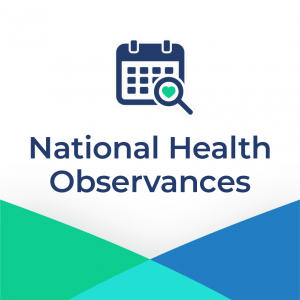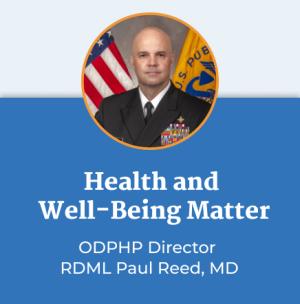Health literacy and clear communication between health professionals and patients are key to improving health and the quality of health care. We create, promote, and curate evidence-based health literacy and communication tools, practices, and research for health professionals. Use our resources to find effective strategies for sharing health information in ways that people can understand and use.
The Office of Disease Prevention and Health Promotion (ODPHP) cannot attest to the accuracy of a non-federal website.
Linking to a non-federal website does not constitute an endorsement by ODPHP or any of its employees of the sponsors or the information and products presented on the website.
You will be subject to the destination website's privacy policy when you follow the link.
HHS is not responsible for Section 508 compliance (accessibility) on other federal or private websites.
